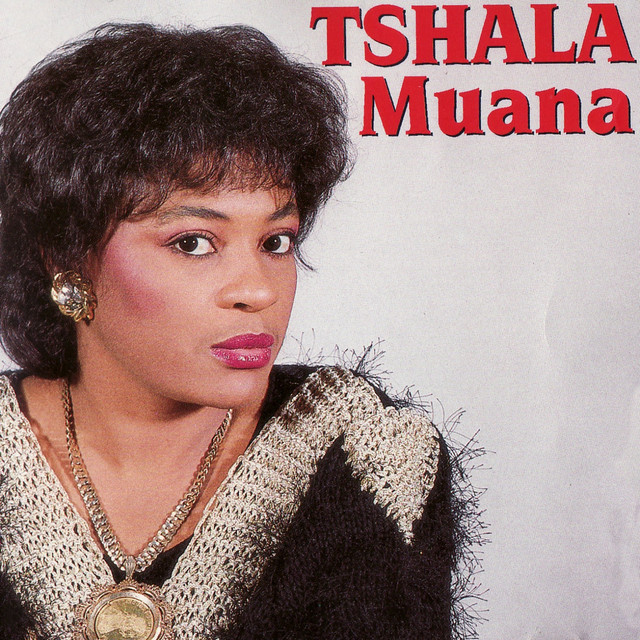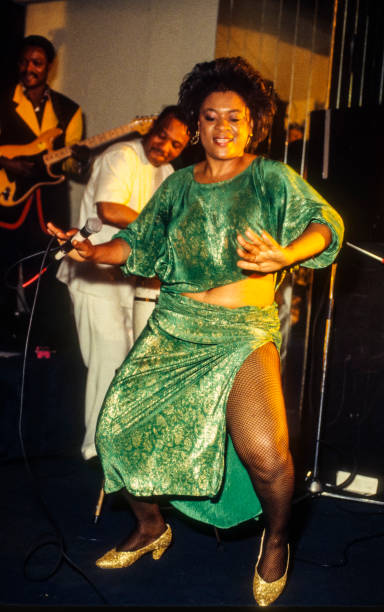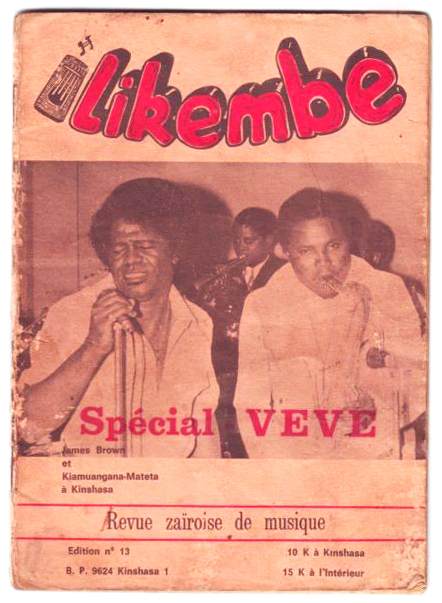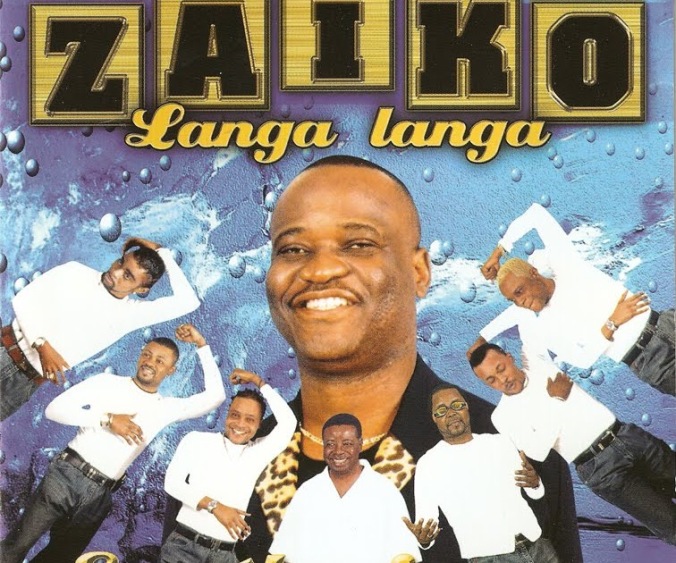Congolese music has lost another star, singer and dancer Tshala Muana, earlier this month. Even though I have just one song by her in my collection of now over a thousand, I wanted to acknowledge her contributions.

Lingala-phile that I am, I haven’t sought out her music because she tended to sing in Tshiluba. Neither have I found her Baluba-inspired beats as infatuating as Congolese rumba and the styles that evolved from it. However, these very aspects made her a trailblazer. In the very male- and Lingala-dominated Congolese pop music scene, she managed to create a niche and fame for herself.

Some might say that what helped was her decision to showcase the Baluba dance, mutuashi. A recent BBC article about Tshala Muana’s passing labeled her “raunchy” because of her choice of movements. For a dance that apparently celebrated fertility and childbirth, I found this culturally insensitive, not to mention downright disrespectful to the memory of the deceased.
This insensitivity has extended to some folks from the African continent, who called for Tshala Muana’s dancing and outfits to be banned. I’m disappointed though not surprised by any of this, considering how Eurocentric views about dancing, sexuality, and the very natural and necessary act of human reproduction have influenced peoples’ values worldwide after centuries of colonialism and domination.
Personally, I’ve craved to learn mutuashi ever since seeing videos a few years ago of Tshala Muana performing it. I was drawn not only to the dance’s sensuality but to the leg muscle strength, hip and waist flexibility, and physical control required to execute it. So much so, that now when I hear the Baluba-inspired beats in some Congolese oldies in my collection, I find myself liking them.
Tshala Muana, Congolese diva and pioneer, may your music and dancing continue to make an influence, and may you rest in peace.






 This is the concert of my dreams…literally and figuratively. Just this morning, I dreamed that I came across a man singing Bella Bella’s “Mea Culpa” (which features a young Nyboma) and I started singing along with a huge grin, much to his amazement. I think I was anticipating Thursday’s concert. It’s so rare that I hear the Congolese songs I adore outside my living room speakers or my IPod. Even less rare that I get to SEE the musicians LIVE and sing along with them.
This is the concert of my dreams…literally and figuratively. Just this morning, I dreamed that I came across a man singing Bella Bella’s “Mea Culpa” (which features a young Nyboma) and I started singing along with a huge grin, much to his amazement. I think I was anticipating Thursday’s concert. It’s so rare that I hear the Congolese songs I adore outside my living room speakers or my IPod. Even less rare that I get to SEE the musicians LIVE and sing along with them.